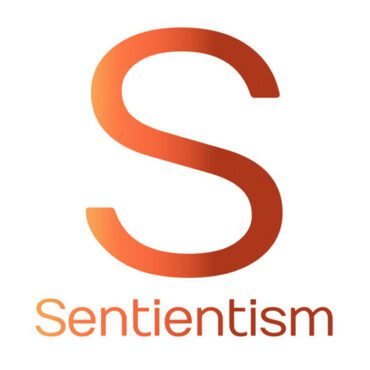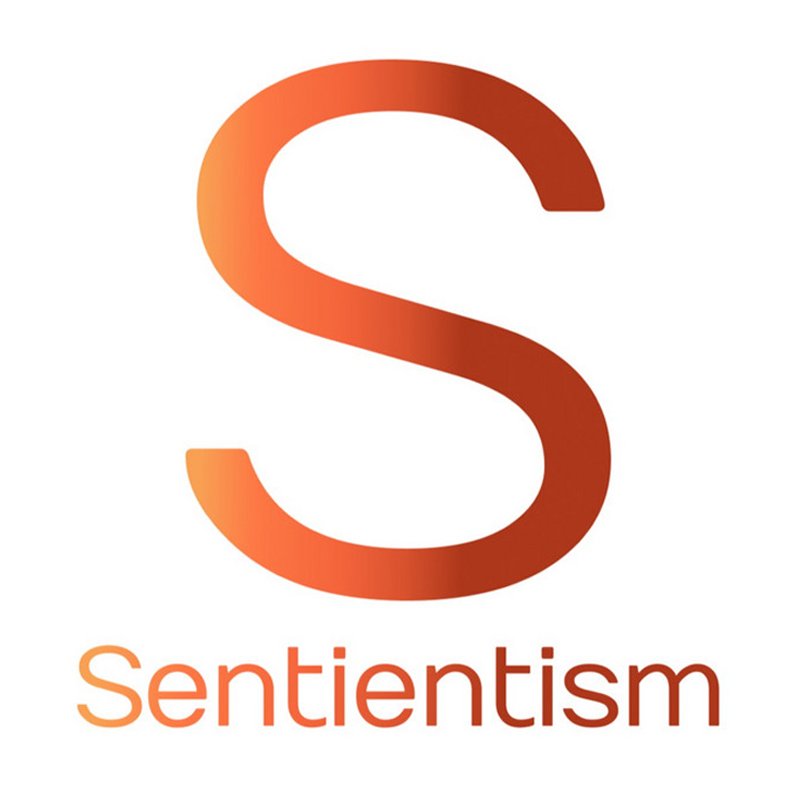
6: “I love the idea of Sentientism” – Bestselling Author AJ Jacobs
New York Times bestselling (4 times!) author and journalist AJ Jacobs experiments on himself to help us all learn. In this Sentientist Conversation he talks with Jamie about what he believes, what matters morally, and how his writing projects link …continue
Proudly brought to you by: 26 November 2020





